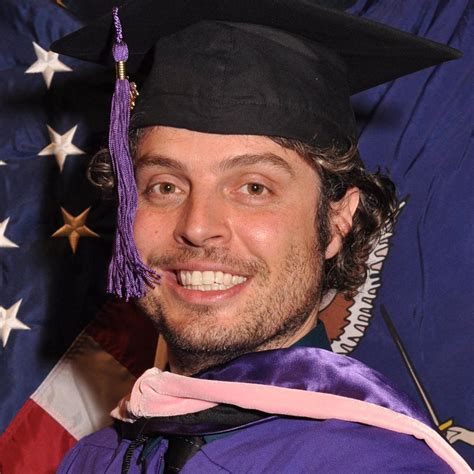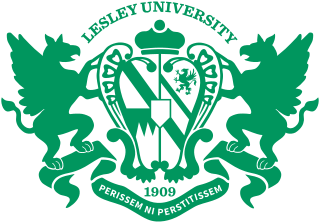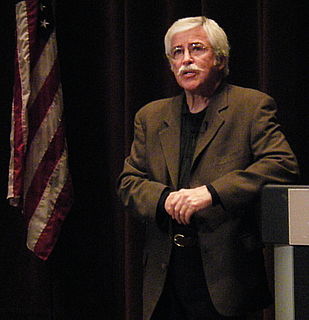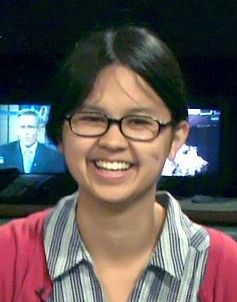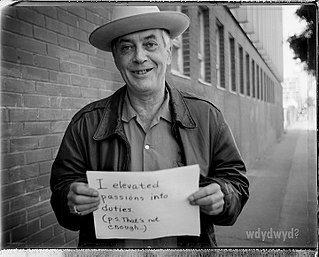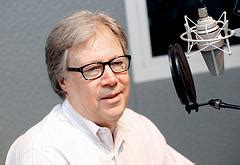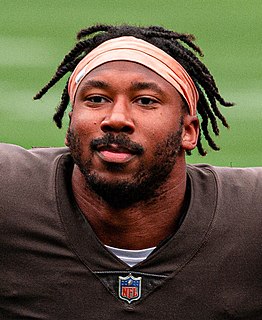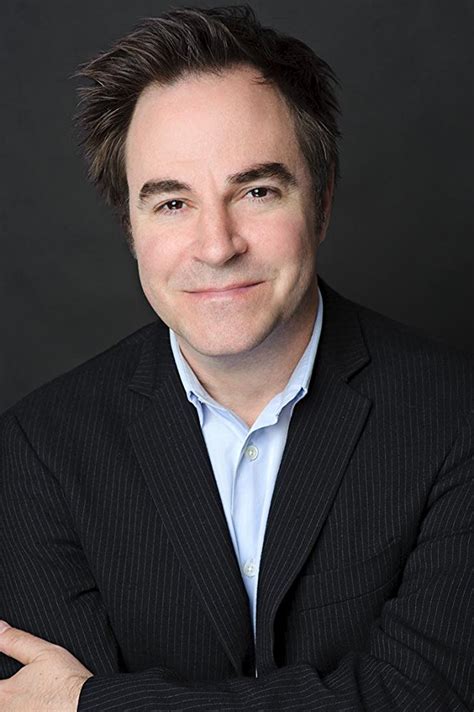A Quote by Tim Hansen
Creativity is especially expressed in the ability to make connections, to make associations, to turn things around and express them in a new way.
Quote Topics
Related Quotes
I'm not judging the films. People make these connections through a film, or because they know them. But the fact that they erase them and have to start from scratch, I think that's an important point. A lot of kids, when they have a camera, have tended to do remakes of existing films. You have a lot of kids that make Star Wars. And I think that's creativity, but not as much creativity as starting from scratch.
Mathematicians may flatter themselves that they possess new ideas which mere human language is as yet unable to express. Let them make the effort to express these ideas in appropriate words without the aid of symbols, and if they succeed they will not only lay us laymen under a lasting obligation, but, we venture to say, they will find themselves very much enlightened during the process, and will even be doubtful whether the ideas as expressed in symbols had ever quite found their way out of the equations into their minds.
When you give people ability to stay connected with all the people they care about, and you make it so they can express new things about themselves or in communication with other people who they care about, then you just open up new possibilities. You make it so people can stay connected in ways that they couldn't before.
John Colman Wood's The Names of Things is a thoughtful, patient, and ultimately rewarding book. It's about, among many other things, the connections human beings make, that in spite of everything, we will always make. To quote from the book, 'What he saw in the people was what the old anthropologists called communitas. It wasn't that the people sang and moved. It was their singing and moving together' Singing and moving together, Wood has found a way to express this profound and beautiful idea through fiction.
I turn sentences around. That's my life. I write a sentence and then I turn it around. Then I look at it and I turn it around again. Then I have lunch. Then I come back in and write another sentence. Then I have tea and turn the new sentence around. Then I read the two sentences over and turn them both around. Then I lie down on my sofa and think. Then I get up and throw them out and start from the beginning.
The art and science of memory is about developing the capacity to quickly create images that link disparate ideas. Creativity is the ability to form similar connections between disparate images and to create something new and hurl it into the future so it becomes a poem, or a building, or a dance, or a novel. Creativity is, in a sense, future memory.
